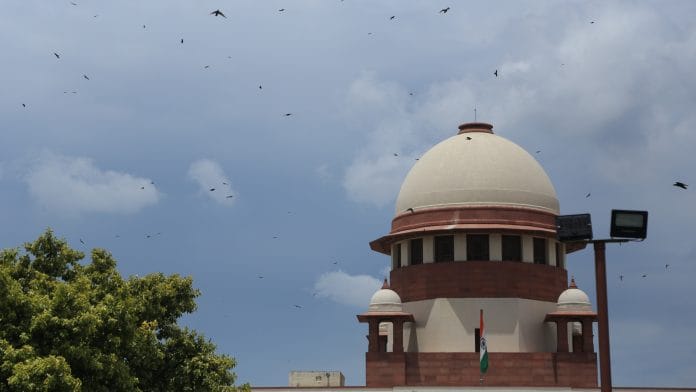The top court, however, rules that related parties under the IBC should mean a person connected with the business.
New Delhi: The Supreme Court Friday upheld the constitutional validity of the Insolvency and Bankruptcy Code, 2016, in its entirety.
The court, however, said that related parties under the IBC should mean a person connected with the business.
Dismissing a batch of pleas by operational creditors who challenged the law on the grounds that it was discriminatory, a bench comprising Justices Rohinton Nariman and Navin Sinha ruled that all the objectives of the law were fulfilled by its provisions.
The ruling could pave the way for speedier resolution of insolvent companies pending before the National Company Law Tribunal and ensure that banks get repaid by the new buyers of these companies. This will, in turn, help in reducing the bad debts of banks and help bring them back into profitability.
The apex court had reserved its verdict on 16 January.
Also read: Insolvency and Bankruptcy Code, NCLT have improved borrowing & lending since Congress era
Plea
Under the insolvency law, operational creditors — like suppliers of services and products to companies that went bankrupt — are not included on the Committee of Creditors (CoCs), comprising financial creditors, like banks.
As part of the CoC, only financial creditors have voting rights over the fate of the bankrupt companies.
Defending the law, Attorney General K.K. Venugopal had submitted that the IBC was an important piece of economic legislation that has aided in recovering loans for banks.
“There have been signs of recovery after the introduction of the IBC over previous years. Credit realised by banks have risen. Bank growth has accelerated to touch double digits,” he said speaking for the Union government.






